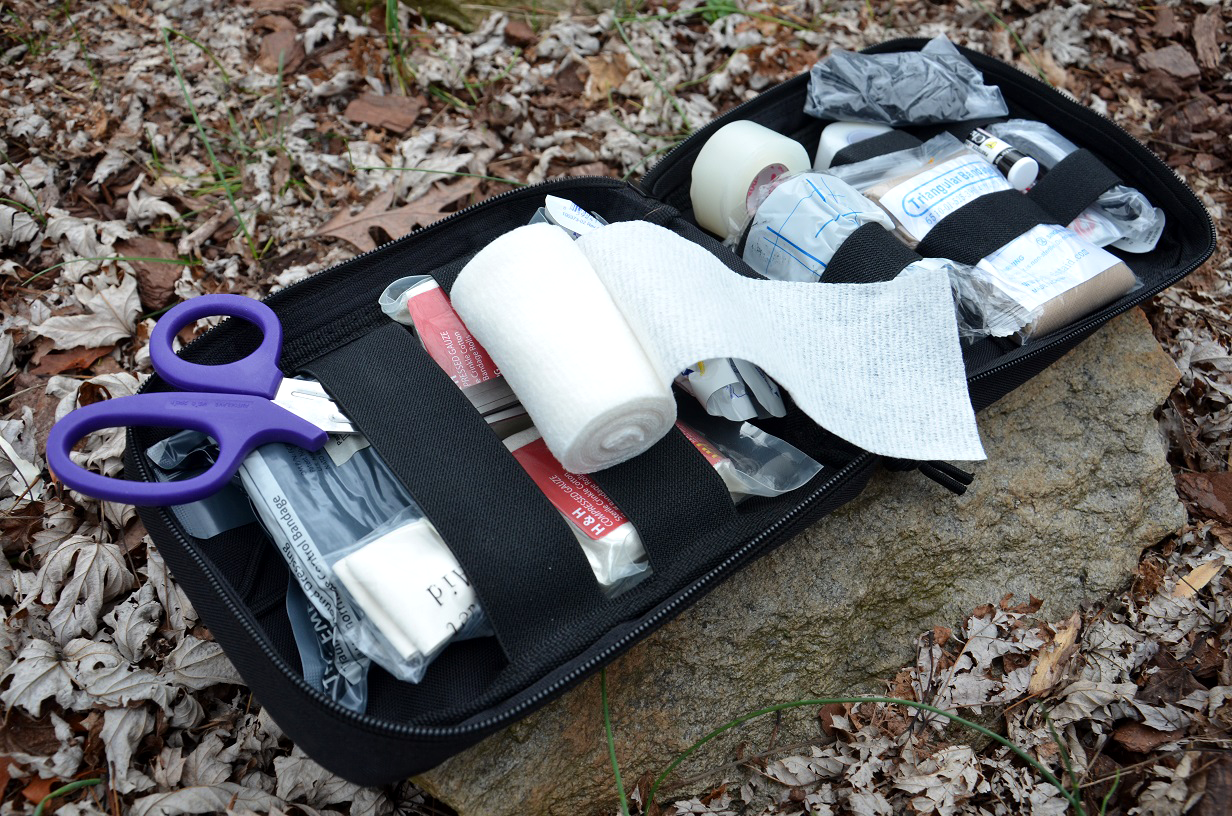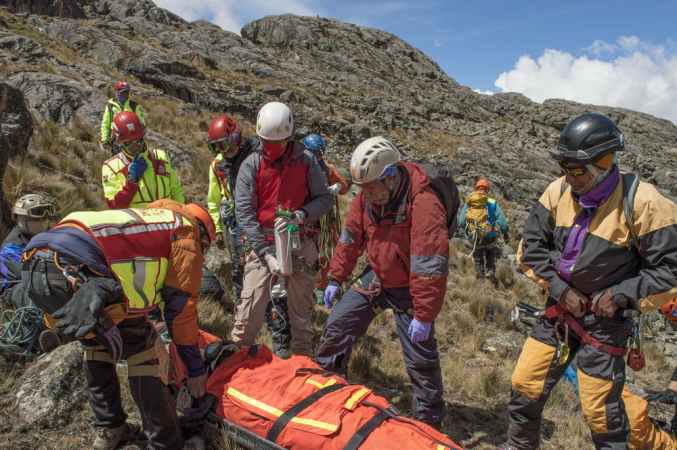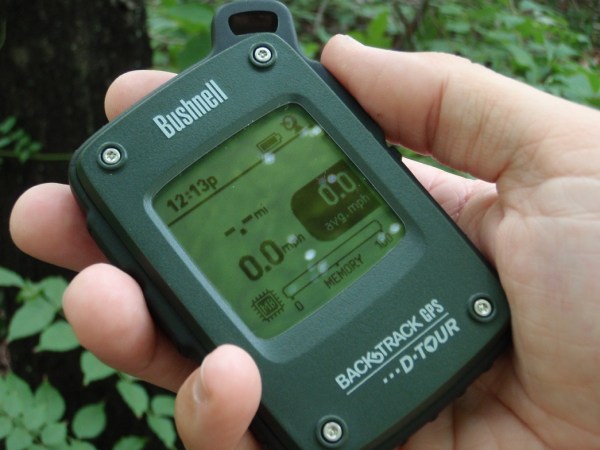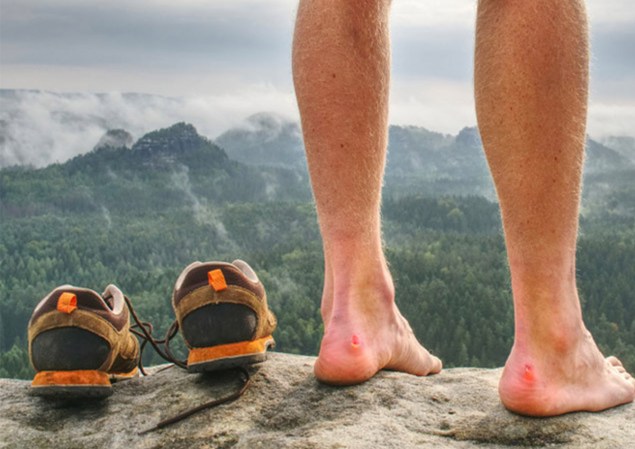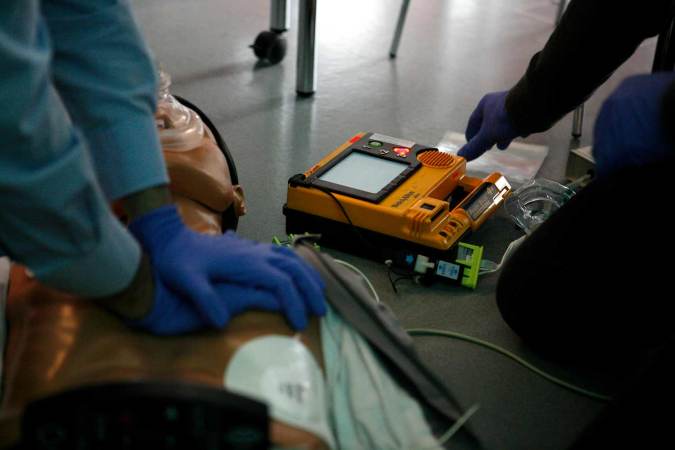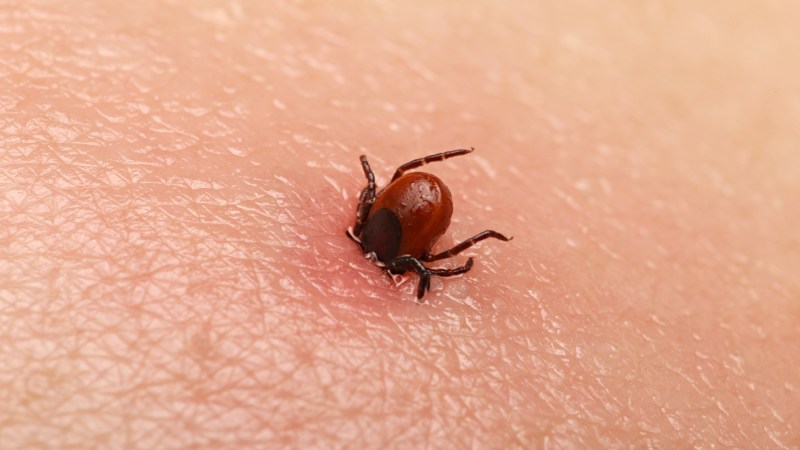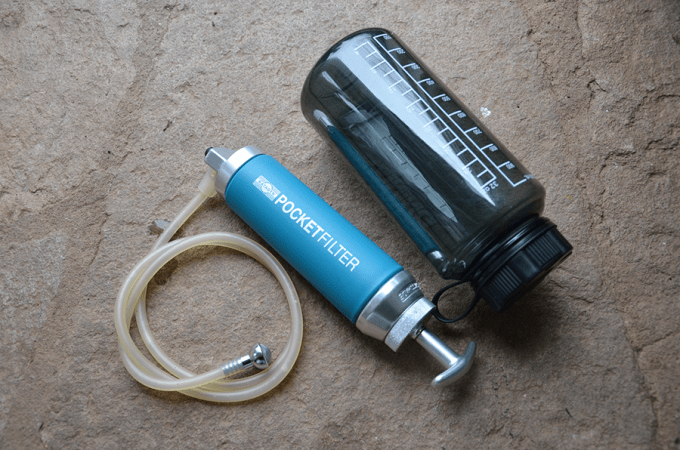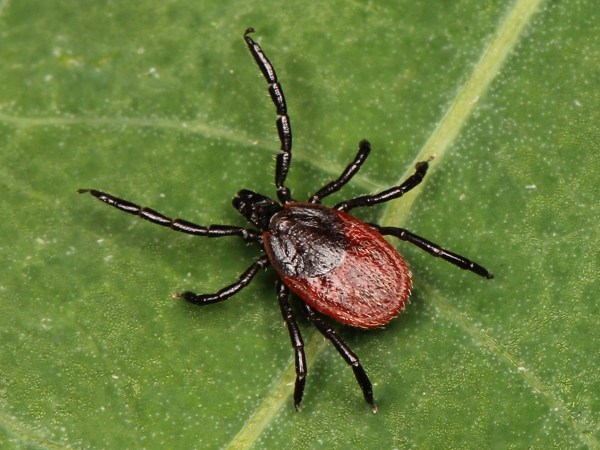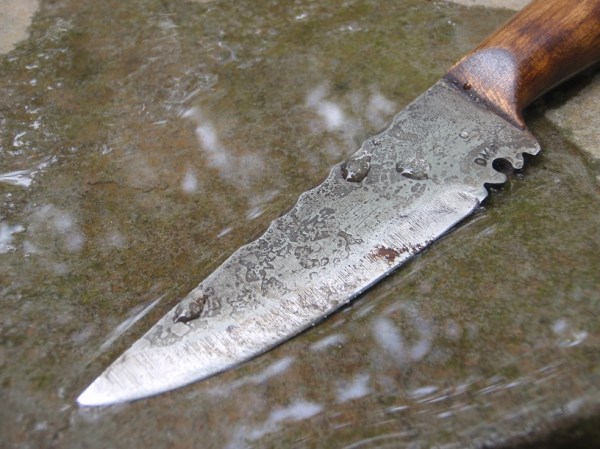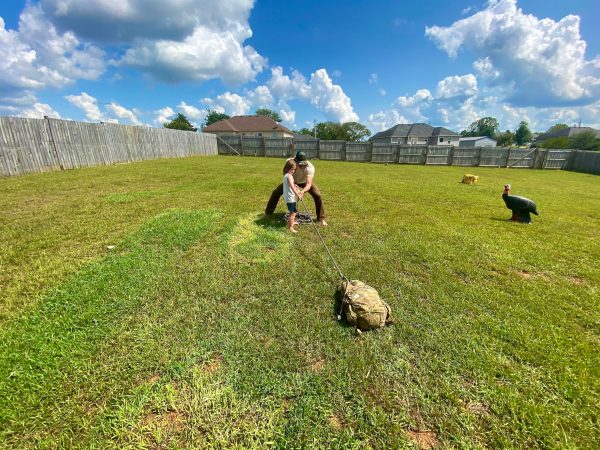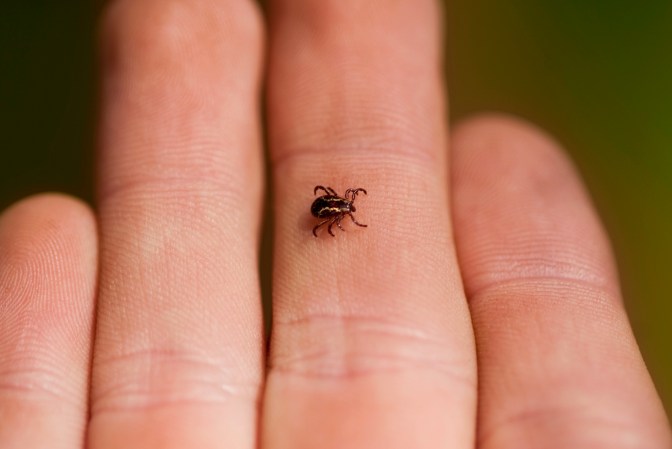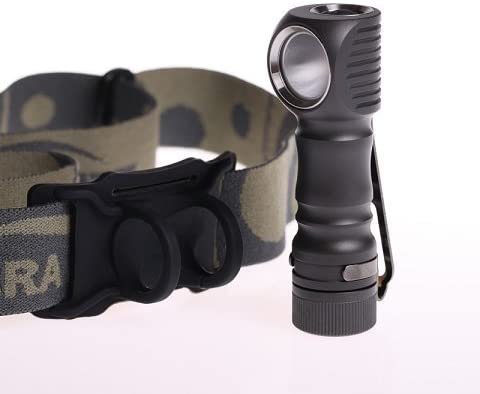Stranded and hurt far from help? This is not a situation that anyone would envy. But it may be a situation that you’d have to endure. Let’s say that you and your buddy were out on a long hunt and he was seriously wounded. It may be days or even a week before rescue arrives. You’ve got medical supplies and some experience, but how else can you help him? These three things could make all the difference.
1. Infection Prevention
Before the advent of strong antibiotics, small dirty wounds probably killed more people than major traumatic injuries. And without a supply of antibiotics in your medical gear, you’ll be at risk just the same in modern times. Clean all wounds, big and small, with disinfectant. Irrigate wounds with clean (disinfected) water to remove dirt and debris. Cover all open injuries with sterile dressings, and keep your patient well fed and hydrated to maintain his or her immune system and keep it at peak performence.
2. Pain Management
That bottle of OTC pain reliever in your med kit will only go so far when managing the pain of a major injury. Help out your patient by improvising. For throbbing sprains and strains, you can put ice or snow in a water bottle and wrap it with cloth to create a cold compress. Place it against the affected area. You can also experiment with elevating the injury to find a more comfortable arrangement. Generally, the patient will find the most comfortable position on their own, but try to help them through the process.
3. Emotional Support
This may be one of the most underrated elements in medical care. Your “bedside manner” and the way to make your patient feel can bring them great comfort during painful and frightening situations. Talk kindly and calmly to your patient. Joke around a bit, even when the situation is grim. Show empathy to the person in your care, and do whatever you can to keep their mind off the pain and the situation. Also keep in mind that their worst pain and fear will come in the middle of the night. Hormone levels naturally drop at this time, and around 2 or 3 a.m., and physical pain and negative feelings are usually at their worst. Help them to hang on, and assure them that things will look different in the light of day. They almost always do.
Have you ever been in a medical emergency far away from help? Leave us a comment and tell us how you coped with the situation while help was delayed.
